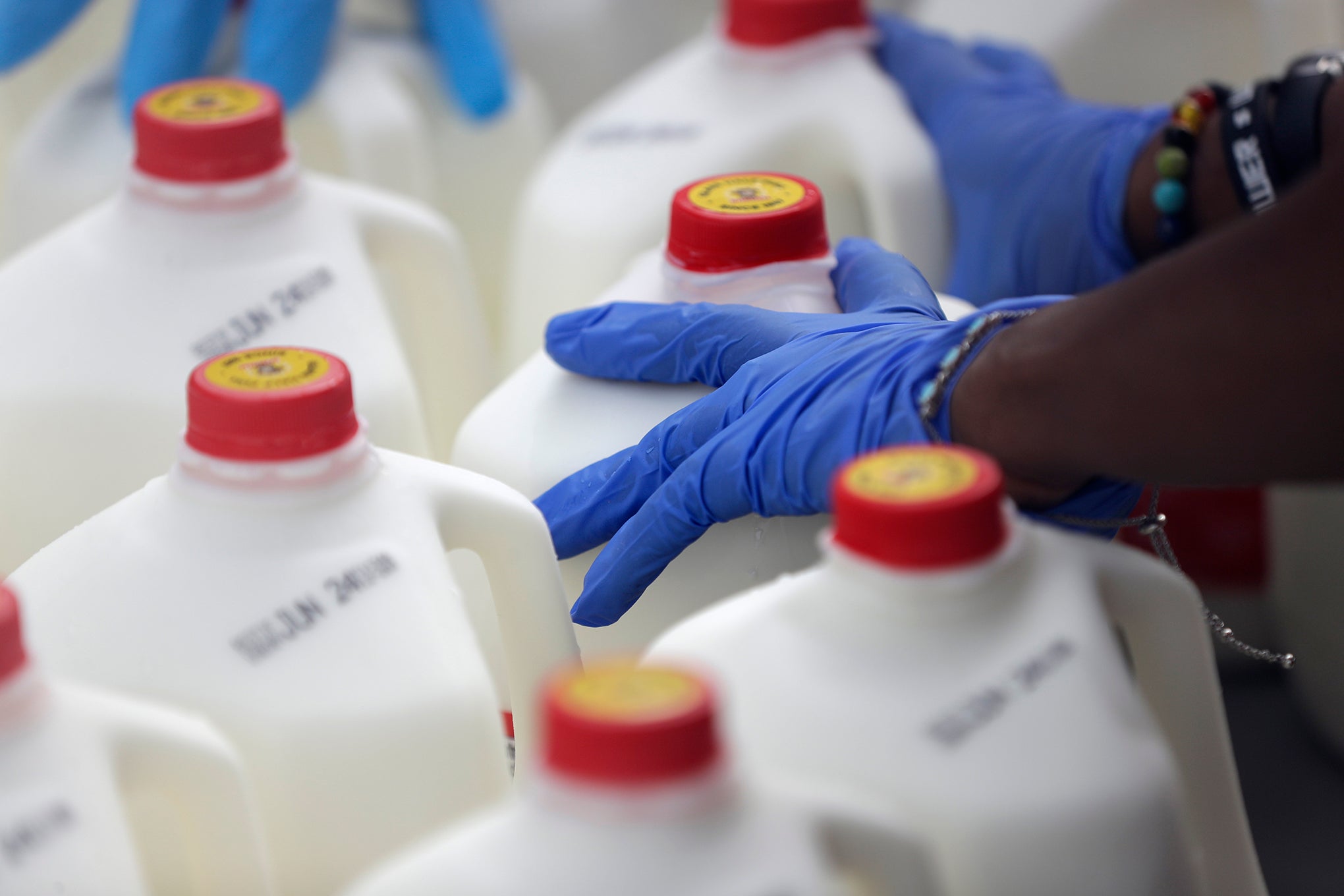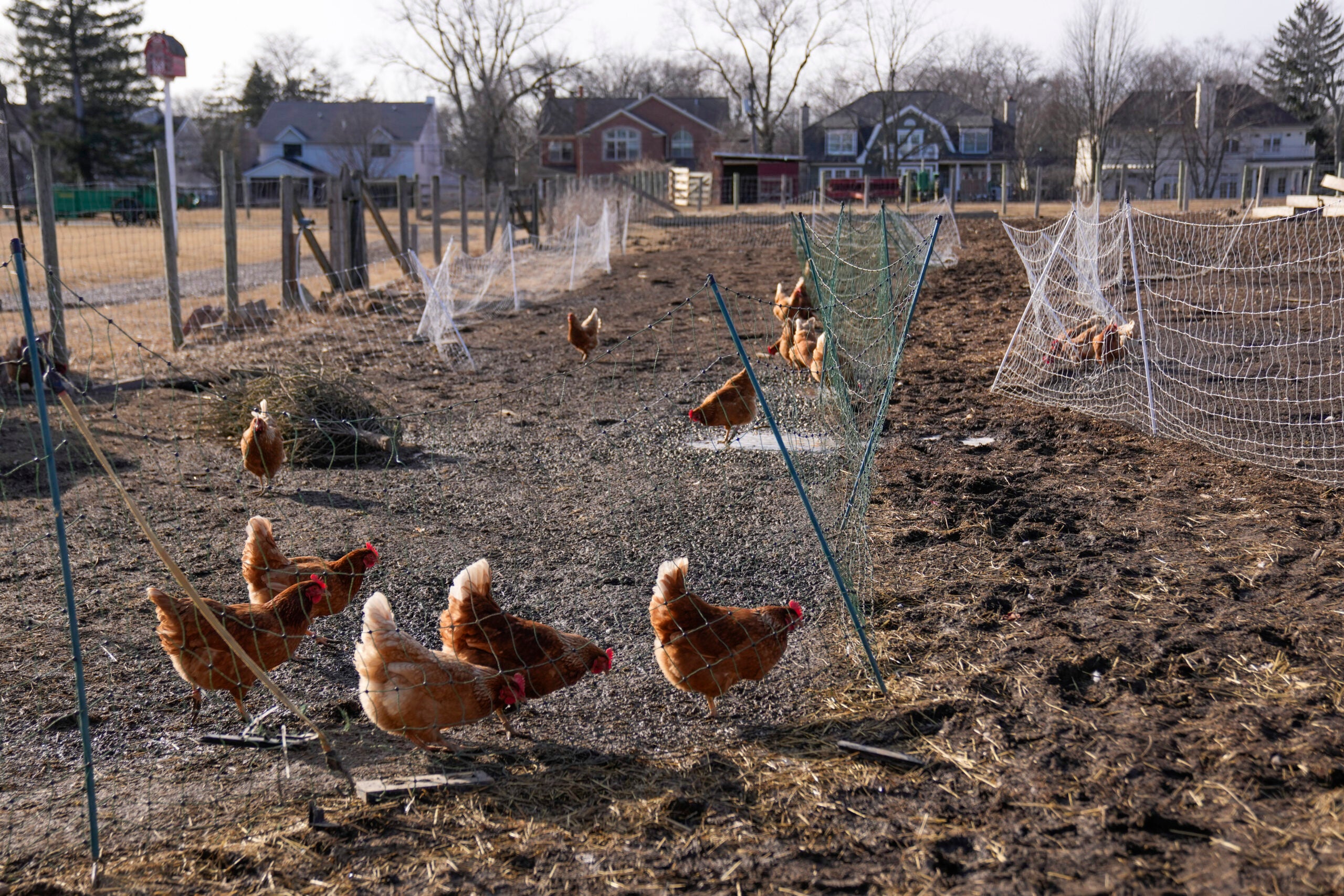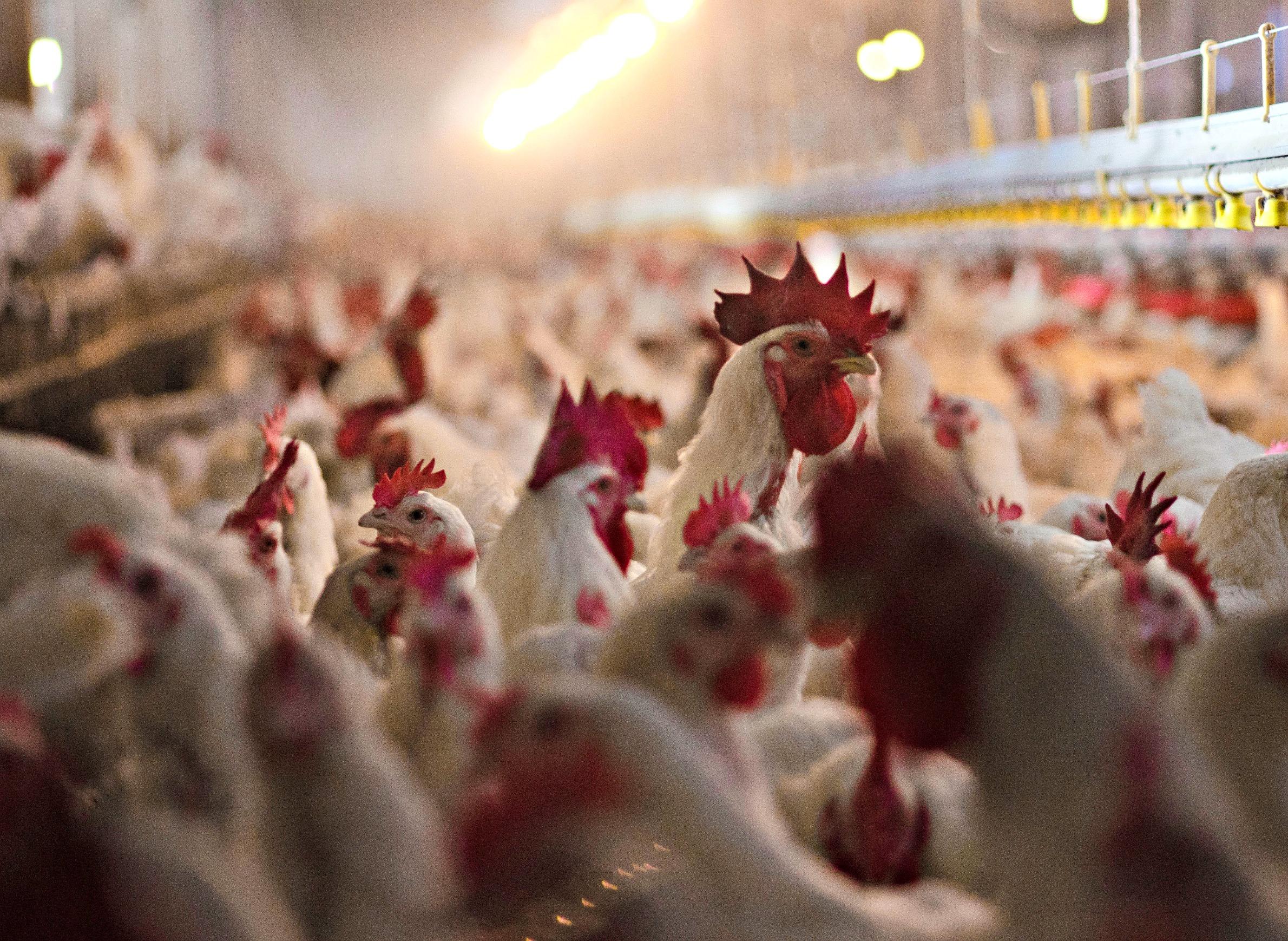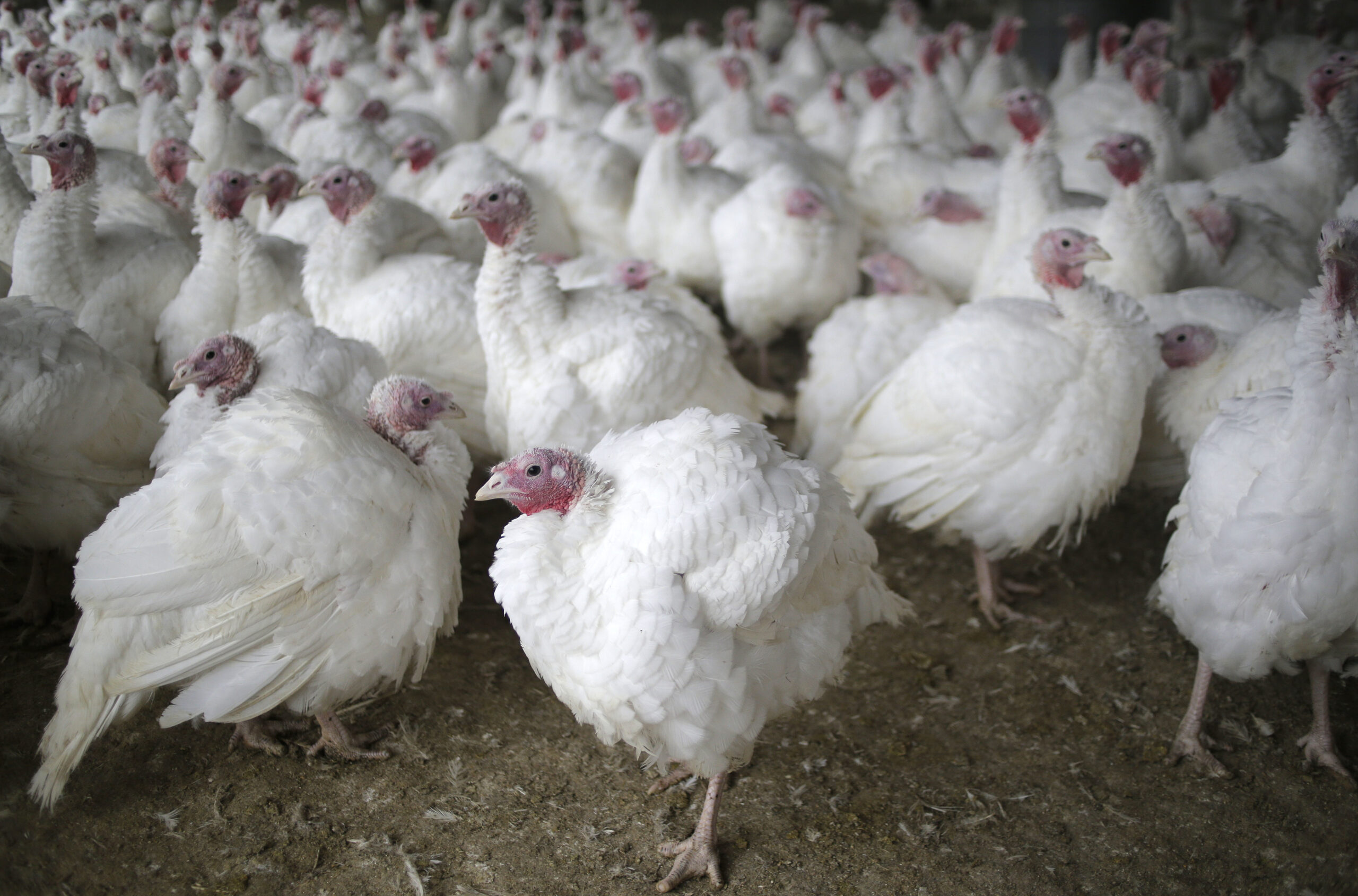State leaders are urging Wisconsin dairy producers to take extra precautions against the spread of avian influenza.
The U.S. Department of Agriculture first confirmed highly pathogenic avian influenza in dairy herds in Kansas and Texas last week. Cases in Michigan and Idaho have also been confirmed, as well as a presumptive positive test in a New Mexico herd.
Texas health officials reported Monday a person in direct contact with infected dairy cows has tested positive for the virus. The Texas agency said in a press release that the patient experienced eye inflammation as their only symptom and is being treated with the antiviral drug oseltamivir.
Stay informed on the latest news
Sign up for WPR’s email newsletter.
It’s the second confirmed human case of the highly infectious H5N1 flu in the U.S., according to the CDC. The first case in 2022 was in a person who was culling infected poultry on a Colorado farm.
Health officials said the case does not change the risk for the general public, which remains low. USDA said in a press release Friday that initial testing of the virus has not found changes that would make it more transmissible to humans.
Keith Poulsen, director of the Wisconsin Veterinary Diagnostic Laboratory, said the case highlights the importance of immediate action by dairy farmers if they see disease symptoms in their animals, which can include decreased lactation and low appetite. He said the people working on a farm with sick animals should be monitored closely.
“We don’t think that it’s a significant public health threat at this point,” Poulsen said. “But just like in our farms with poultry (highly pathogenic) avian influenza, they’re getting a large challenge, so we need to watch them very closely, and make sure that everyone is provided with the best public health care that we have available.”
Federal and Wisconsin officials have reiterated there is no concern about the safety of the commercial milk supply or consumer health because dairy products are pasteurized before being sold. Pasteurization has been proven to inactivate viruses like influenza, according to the USDA.
Infected dairy herd may be first sign that virus can spread between cows
Since the virus’ 2021 emergence in the U.S., officials believe the current avian flu has been spread mainly through exposure to infected wild birds. In Wisconsin, 36 poultry farms in 21 counties have been affected since the first case in March 2022, according to the state Department of Agriculture, Trade and Consumer Protection.
Poulsen said the affected dairy herd in Michigan has raised new concerns that the virus may now be able to spread through lateral transmission within a herd.
“At first, we thought that wasn’t happening based on the sequence of the virus,” he said. “But now, I think there’s mounting evidence that cows are infecting other cows.”
He said this transmission has not been confirmed and animal health officials are still working to answer a number of questions about the virus.
The USDA press release said cows affected by the avian flu virus have recovered after isolation with “little to no associated mortality reported.”
Poulsen said that is very different from infected birds, which tend to die within a few days of infection. He said that’s why affected poultry flocks are euthanized when the virus is found, which can also reduce further spread of the virus in birds. But he said the low mortality rate in cows could mean federal or state officials make a different recommendation for cattle.
Wisconsin farmers upping protections, staying alert for signs of virus in the state
Sarah Sarbacker, communications director for FarmFirst Dairy Cooperative in Madison, said there isn’t an immediate fear of the virus in her organization’s farmer members. But she said most producers are watching the news closely and taking proactive steps to increase biosecurity.
“Making sure that they know who is coming on to their farm, and for people that do come to visit the farm, things as simple as putting plastic covers on their boots,” she said.
A spokesperson for Edge Dairy Farmer Cooperative declined an interview with WPR, but said in an email the group is reminding its members to follow on-farm biosecurity measures.
Sarbacker said most dairy producers were confused to hear the virus could be transmitted from birds to cows. She said farmers’ main concern moving forward is how easily it can be passed within a herd.
She said the producers in her cooperative are turning to state and federal agriculture officials for guidance, as well as industry groups like the National Milk Producers Federation.
“They’re keeping a very close eye on their animals, reducing new cattle that are coming in and reporting anything that’s the slightest bit unusual to their veterinarians, just to kind of keep tabs on things,” she said.
An update from DATCP said Wisconsin veterinarians treating herds with unexplained symptoms should contact the state agency. Dairy producers should also be sure to follow the state’s import rules, which include requiring official identification and certificates of veterinary inspection.
Wisconsin Public Radio, © Copyright 2025, Board of Regents of the University of Wisconsin System and Wisconsin Educational Communications Board.





